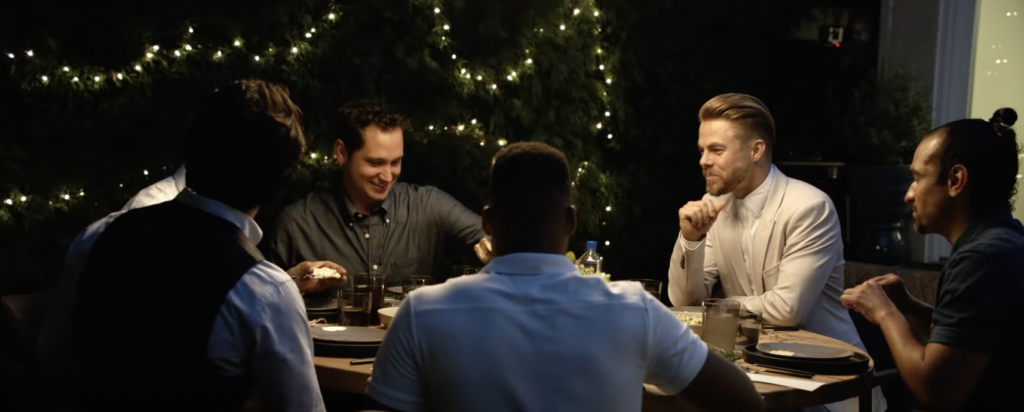“As somebody who [has experience with] a disability, I never got the focus of masculine energy…because I needed help my entire life and depended on other people to do things for me. I felt like a burden on my family.” – Zach Anner
Vulnerability. It’s that six-syllable word (confirm quietly on my fingers) that makes most men a bit squeamish. To embrace vulnerability, for a lot of us, means admitting you’re weak when you could just pretend to be strong and continue fitting in, even if disingenuously. It means expressing emotions that may invite your peers to bully you back. It’s taking the road less traveled, which at first feels good but inevitably will throw you some unexpected curves and may send you into the bushes while the rest of mankind parades by pointing and laughing.
Sound about right? Yeah, we’re definitely getting warmer.
Not all of us have the luxury of taking care of ourselves. Even now with all this technology at our fingertips, there are plenty of grown men out there who still require assistance or have needed it for a generous portion at some point in their lives.
Take comedian and author, Zach Anner, for example. Easily one of the funniest human beings on the planet, Zach required a lot of care growing up due to his cerebral palsy. Although Zach has no interest in being the poster-boy for all special-needs people, we invited him to share his experience as someone who embraced the fact that he needed help.
“There’s this thing you learn…I’m taking so much from other people. What can I do to level the playing field? Which is faulty thinking, but it’s hard to get past that,” Zach said.
Zach not only accepts the importance of vulnerability and asking for help, but he’s also always willing and able to find the comedy in these moments, completely fearless about making himself the butt of any joke. Needing and receiving care isn’t some obstacle to overcome; it’s a part of his life, and you can tell he wouldn’t hesitate to be the first to buy everyone coffee to return the favor.
Personally, I can relate. My oldest friend in this world also has cerebral palsy. When we were kids playing Kick the Can in the yard or roller hockey in the street — yes, we made him the goalie, sadly — he would fall down, and every time I went to help him up, he would refuse. He wanted to do it on his own. He wanted to be like everyone else and fit in, even if somewhat disingenuously. There’s nothing wrong with wanting that, but the ability to say “I need help, can someone help me?” is such an incredible step for any man (or anyone, for that matter) to take. That’s what it means, at least to me, to be man enough.
“As men, we’re taught to solve and to be intellectual and make sense of things. And so when a health situation surfaces that actually requires an emotional approach, not a rational approach, we feel like failures.” – Robert Espinoza
Not too dissimilarly, Devon Still’s daughter felt like all the arguments and sacrifices that followed her cancer diagnosis were her fault. Luckily, Devon understands the importance of communicating and empathizing in these situations.
The guilt of altering another person or group of people’s lifestyles is another burden on top of an illness or disability that takes its own toll, not just physically but emotionally exhaustive, too. With the current lack of support for the caring community, along with a substandard healthcare system that doesn’t benefit many of the people who need it most, that additional weight often falls on family and close friends — sometimes perfect strangers — to address those ancillary issues that arise during the caring process.
Thinking that problems can be solved intellectually, or even at all, is its own issue, one that requires us to better process emotionally and understand it, rather than how we can fix it. As caregivers, especially men who care for others, we have to fight that urge we have to fix everything, rather we need to be present and understand the situation and how we can help in our own way.
I know, it sounds insane to not just fix it, but not everything has a solution, no matter how big your toolbox is.
Being a shoulder for someone, providing comfort and staying present with people who suffer is sometimes exactly what they need. To be vulnerable, to accept care when we need it and to give it when we see someone who needs us. That’s why we’re here: to build community, to start conversations, to begin the changes we need for our loved ones and, most likely, for ourselves in the future.
The system that is in place now, one which is meant to support these people and those they care for, really needs to take notice. Maybe then that guilt and extra strain won’t as easily follow us around.
Who in your life embraces vulnerability? Are any of them giving or receiving care? How do we celebrate them, how do we recognize them? We share their stories.
WATCH MAN ENOUGH TO CARE, EPISODE 4: EMBRACING VULNERABILITY HERE.
Share their story. Share your story. Courage is contagious.
For more information about Caring Across Generations, visit their website and follow them on social.



